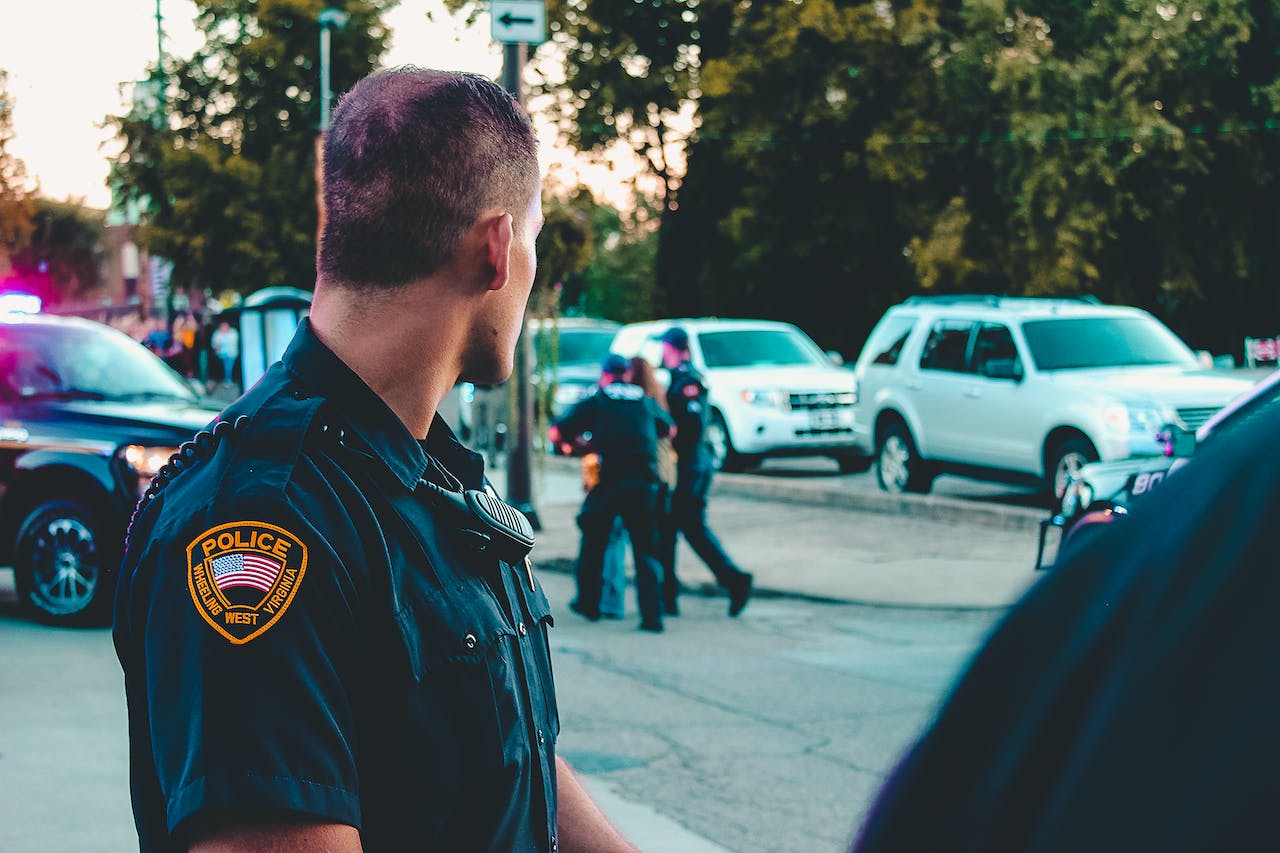If you get in a car wreck, you must call the police. You need to do this regardless of what state you’re in. All fifty states require that the police file accident reports, so they need your statement. That’s why you must never flee the scene following a car wreck. If you do, that’s a felony.
The police investigate car wrecks meticulously, whether they hurt someone or not. If someone dies, though, you will see the authorities ramp up the investigation. They have to because the family of the deceased will expect no less from them.
Police take fatal car wrecks very seriously, but how exactly do they investigate them? Let’s go through the step-by-step process.
The Police Arrive on the Scene
First, the police arrive on the scene. Usually, they do this when one driver or the other calls 911. If neither driver can do that, one of the car’s passengers might, or perhaps a helpful pedestrian or passing cyclist with a smartphone.
The 911 dispatcher contacts the police station, and the police station contacts the squad cars in the area. Usually, the nearest one to the crash location responds.
The Police Will Help Any Injured Individuals
The police will help any injured person when they arrive. They will also assess whether the wreck killed anyone. They will start doing crowd control as well. They must keep any gawkers back who might trample the evidence.
If the police see any fatalities, this process becomes even more crucial. They might eventually bring criminal charges against a driver. If so, they must sure no one tampers with any of the evidence.
They Will Conduct Interviews
Once the police make sure any injured or deceased persons have left the scene via ambulance, they will interview whoever’s left. They will get detailed statements from the drivers, passengers, and possibly some witnesses as well. They will take careful notes since a death at the scene demands that.
They Will Document Any Evidence
Next, the police will document any evidence. They know how to do this from their training. They will take photos and possibly video as well. Smartphones make this possible, and the police officers should each have one.
They will take pictures that show each vehicle’s position and any skid marks on the ground. They will document anything else they feel could prove relevant. This evidence might become important if there’s a criminal or civil trial stemming from the accident at a later date.
They Might Arrest Someone
The police must then determine whether they suspect any criminality. If the drivers seem lucid and like they’re not under the influence, the police shouldn’t arrest or detain them. However, if a driver appears drunk or reeks of marijuana, the officers might take additional action at this point.
They might demand that one of the drivers take a breathalyzer test. If the driver refuses, the police can detain them. If the driver attempts the test and fails, the police will arrest them on the spot. Drunk driving potentially carries felony charges, especially if the driver killed someone.
They Will Then Prepare the Fatal Accident Report
At this point, the police might bag up any evidence they feel might prove pertinent. They can then start writing up the fatal accident report. It’s like a normal accident report but longer and more complex.
Once the police arrive and see someone dead, they’ll do everything by the book. They know that criminal and civil lawsuits often come from car wrecks that kill people. If the police do something unconventional while investigating and reporting on what they saw, that could potentially botch a case against the at-fault driver.
The police will attempt to treat everyone involved fairly, but you’ll likely see their demeanor change if they determine a drunk driver caused the fatal accident or the person ingested some other drug and then drove. The cops won’t mistreat such an individual, but they also understand that a bad choice cost a person their life.
Later, a police officer might have to appear in court and make a statement if a civil or criminal action results from the crash. Sometimes, you’ll see both happen. The surviving family members might sue the driver who caused the wreck, and the court system might bring criminal charges as well.
An individual who kills someone because of a poor driving decision can mess up their life quite badly. It’s sad, but it happens far too often.
